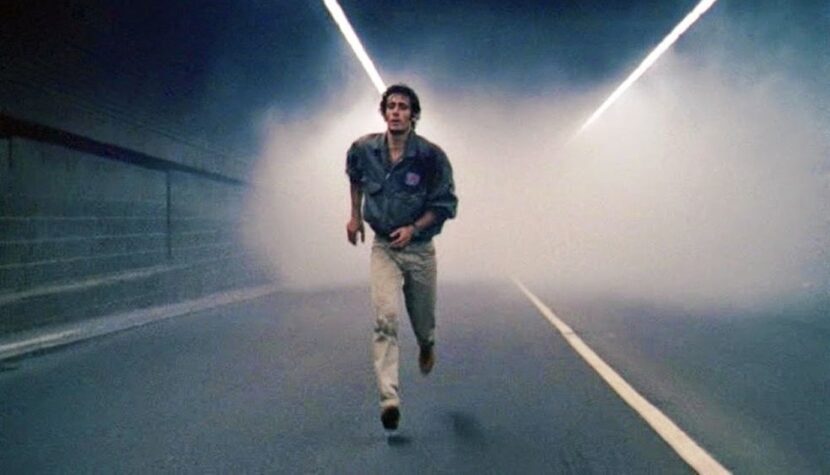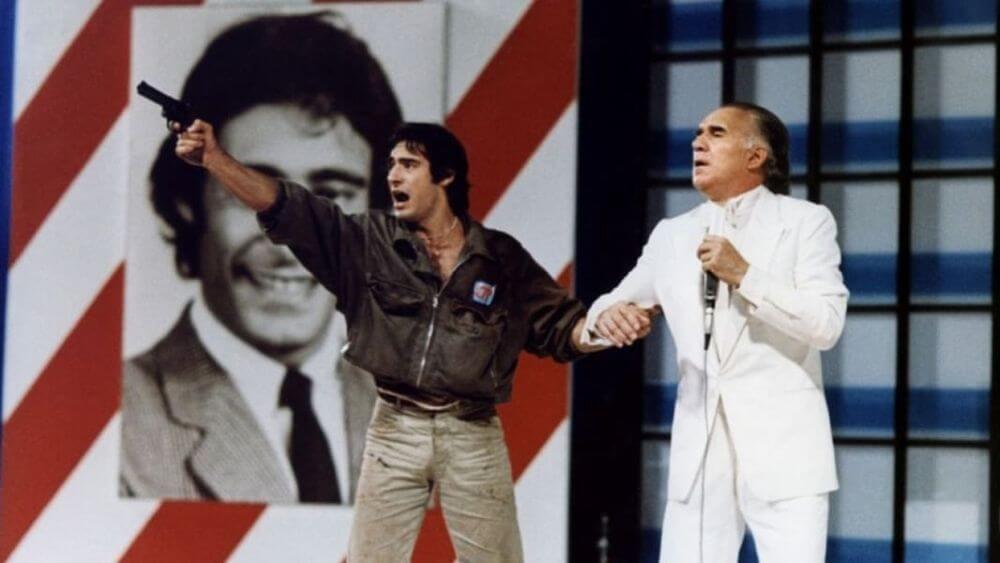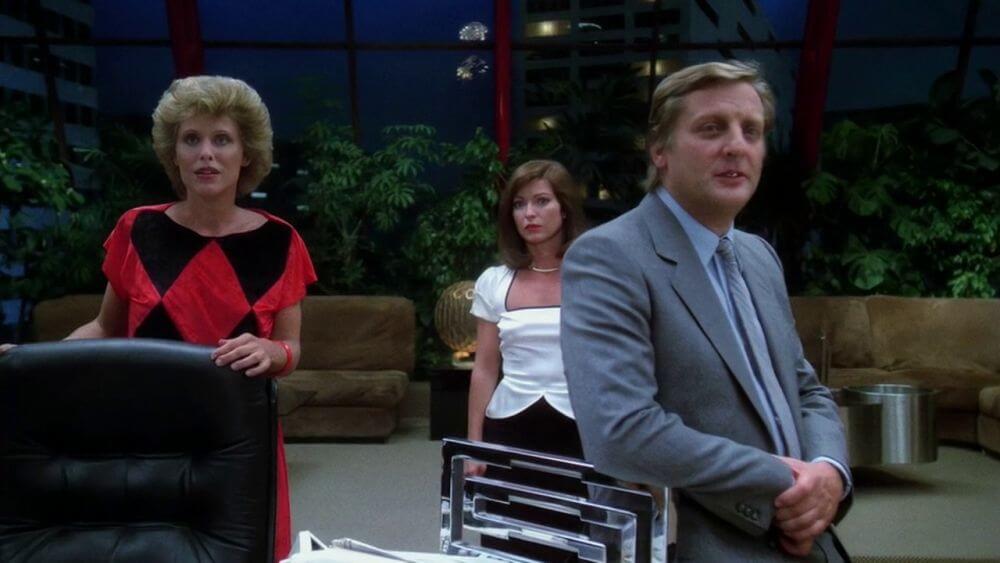THE PRIZE OF PERIL. Science fiction that inspired “The Running Man”

If you think that “The Running Man” – the former hit of video rental stores starring Arnold Schwarzenegger and Maria Conchita Alonso – was an original film, think again.
A terrified man flees through the city streets from a group of armed assailants dressed in blue uniforms. Enthusiastic passersby watch the pursuit, while cameramen on motorcycles and helicopters capture it all on film. Eventually, the pursued man is shot and falls into the water, where the assailants finish him off with oars and chains. The chase and his murder are part of “The Prize of Peril” – a wildly popular game show where participants willingly enter into a life-and-death struggle; the main prize is a million dollars, but to win it, one must evade the hunters and simply survive. So far, no one has managed to accomplish this feat. The next candidate is François Jacquemard, an unemployed man who has had enough of life in poverty. Jacquemard quickly becomes a favorite of the audience, but his participation in the game show may threaten the television authorities.

Sounds familiar? No wonder: the premise of a deadly game where the stakes are high is strikingly similar to “The Running Man” (1987) directed by Paul Michael Glaser – a loose adaptation of Stephen King’s novel. The French-Yugoslav co-production directed by Yves Boisset is based on Robert Sheckley’s short story “The Prize of Peril” from 1958, which was previously adapted into film by Germany (“Das Millionenspiel” by Tom Toelle, 1970). Glaser and King borrowed the idea of the deadly game from Sheckley and Boisset, as well as entire sequences and characters: the game show host Mallaire from “The Prize of Peril” is a clear prototype of Killian from “The Running Man.” If viewers still had doubts about the similarities between the two films, the Supreme Court in Paris dispelled them by agreeing with Boisset’s claim and declaring Glaser’s film a plagiarism, ordering compensation for moral and financial damages.
There are more associations (besides “The Running Man,” one might think of later franchises like “The Hunger Games” and reality shows like “American Gladiators” and “Survivor”), and echoes of earlier titles can also be found within Boisset’s film, such as “Death Watch” (1980) by Bertrand Tavernier or “The Tenth Victim” (1965) by Elio Petri. The latter film was also based on Sheckley’s prose (the short story “Seventh Victim”), and its central theme is a television program where participants attempt to eliminate each other. The American writer was fascinated by the overwhelming influence of the media on society – many of his works are filled with absurd humor, bitter satires addressing the threats posed by technology. Filmmakers have frequently drawn from Sheckley’s works, most recently in “Faking Love” (2023) by Casper Christensen and Anthony Hines.

“The Prize of Peril” is not as flashy as “The Tenth Victim” nor as dark as “Death Watch,” but in terms of action cinema with elements of science fiction, it is in no way inferior to “The Running Man.” The film has a brisk pace and quick action, contains a considerable amount of humor, and doesn’t shy away from its themes, with a finale that is appropriately bitter and far from a happy ending. Elements of dystopia and satire from Sheckley’s work are also present here, although to a lesser extent than in the aforementioned productions. This should not be seen as a flaw, as it seems that Boisset – a craftsman known mainly for well-executed thrillers – did not intend to create a deep analysis of social order, where demoralized mass media dictate to numb masses what is widely acceptable, but rather an unpretentious action film with a gruff hero whom one cannot help but like. And that he succeeded in.

